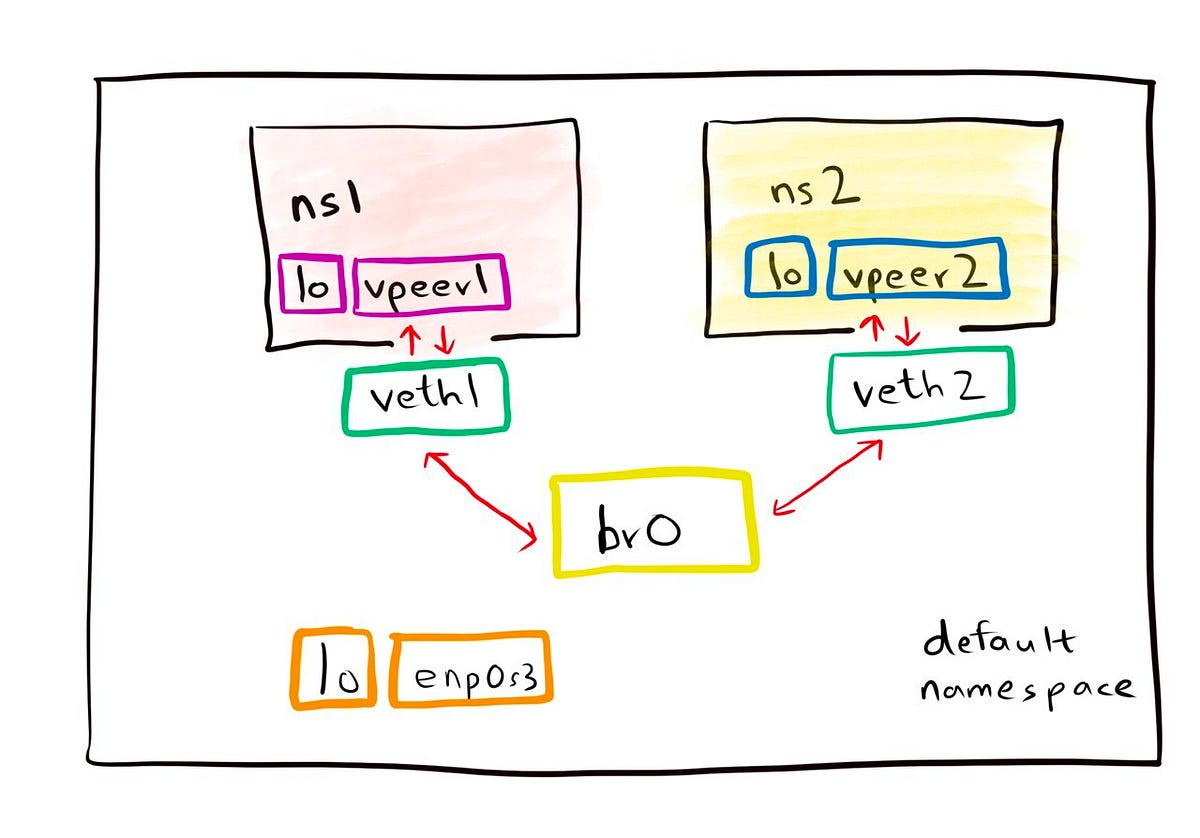
Conspicuous Cognition
In my last essay, I explored why paranoia is such a common failure mode of human minds. My answer focused on the fragility of “social vigilance”, the psychological processes we evolved to detect and respond to the most complex and dangerous threat we confront: other people.
Unlike other threats (e.g., physical accidents, diseases, and predators), people are rational agents with sophisticated planning, coordination, and deception abilities. They can conceal their intentions, anticipate our responses, and collaborate to plan and orchestrate elaborate schemes to control, manipulate, or even exterminate us.
To manage such threats, social vigilance drives us to infer threatening intentions from subtle and ambiguous clues and ruminate on a wide range of threat-based possibilities. Because such processes are inherently complex and fragile, they often generate false alarms and occasionally spiral into paranoid delusions, especially when we experience psychological disorders and feelings of vulnerability.
Conspicuous Cognition is a completely reader-supported publication. To receive new posts, access the entire archive, and support my work, consider becoming a paid subscriber.













